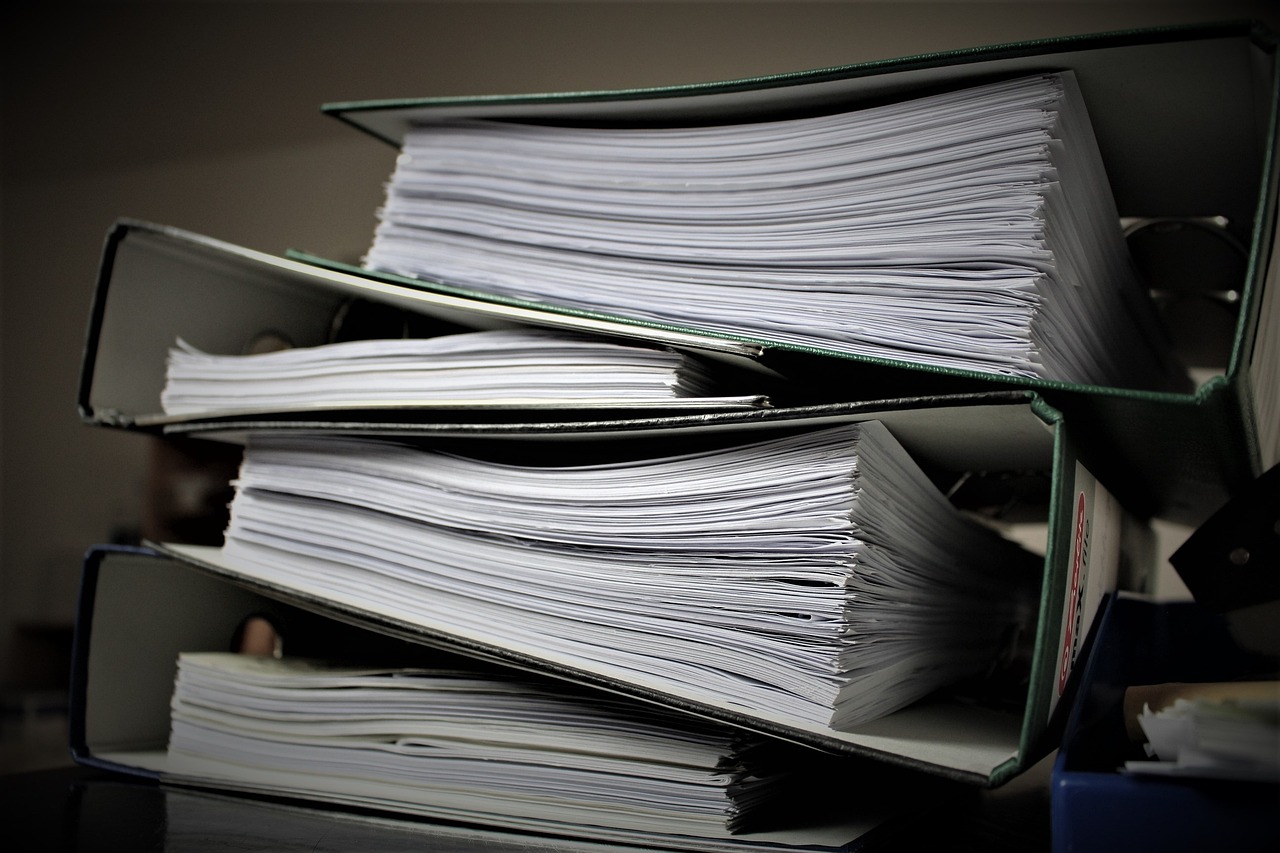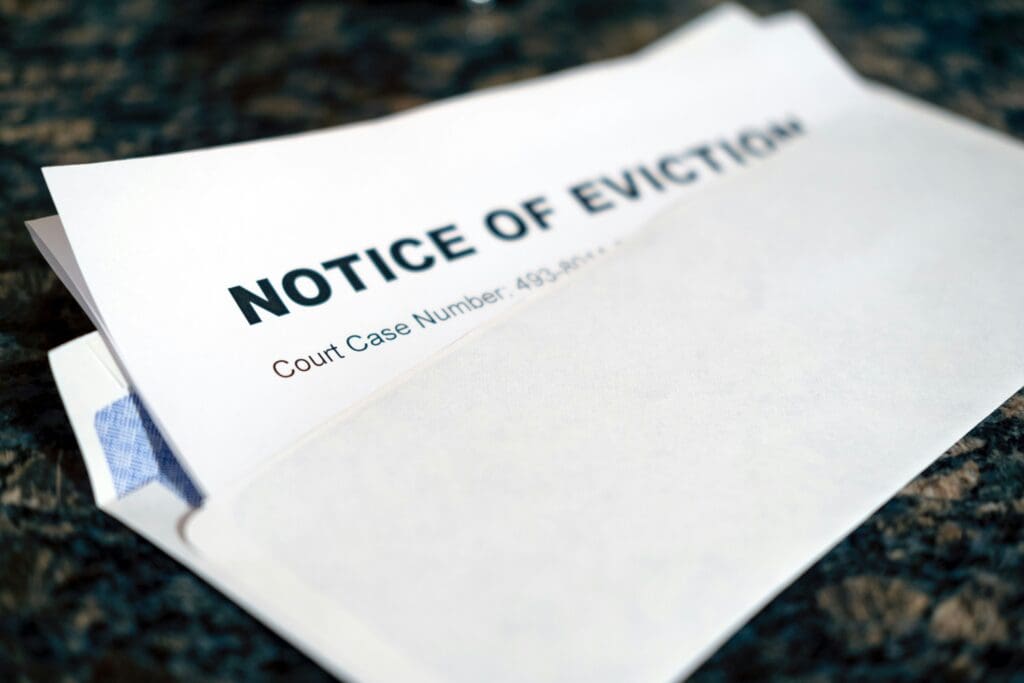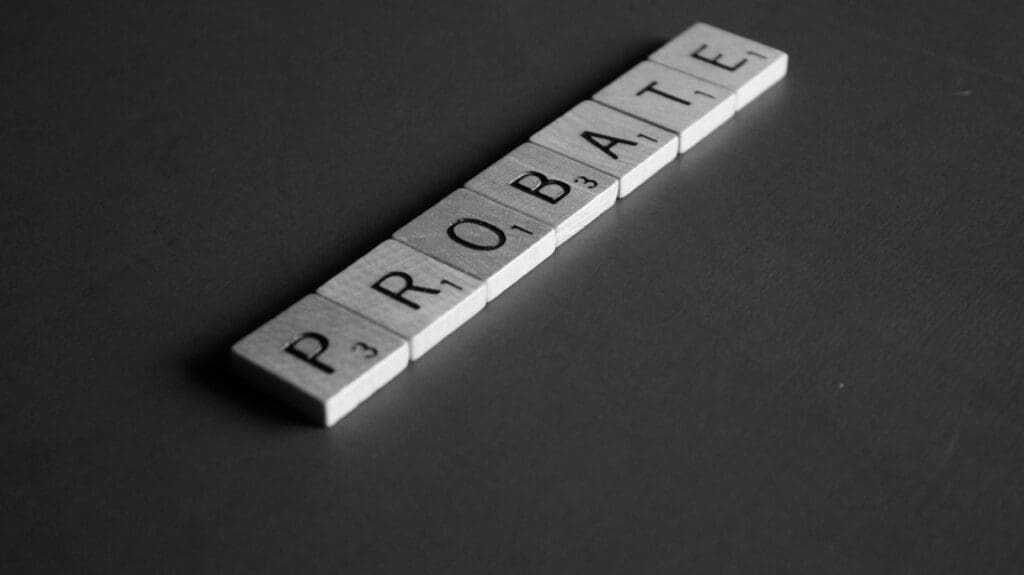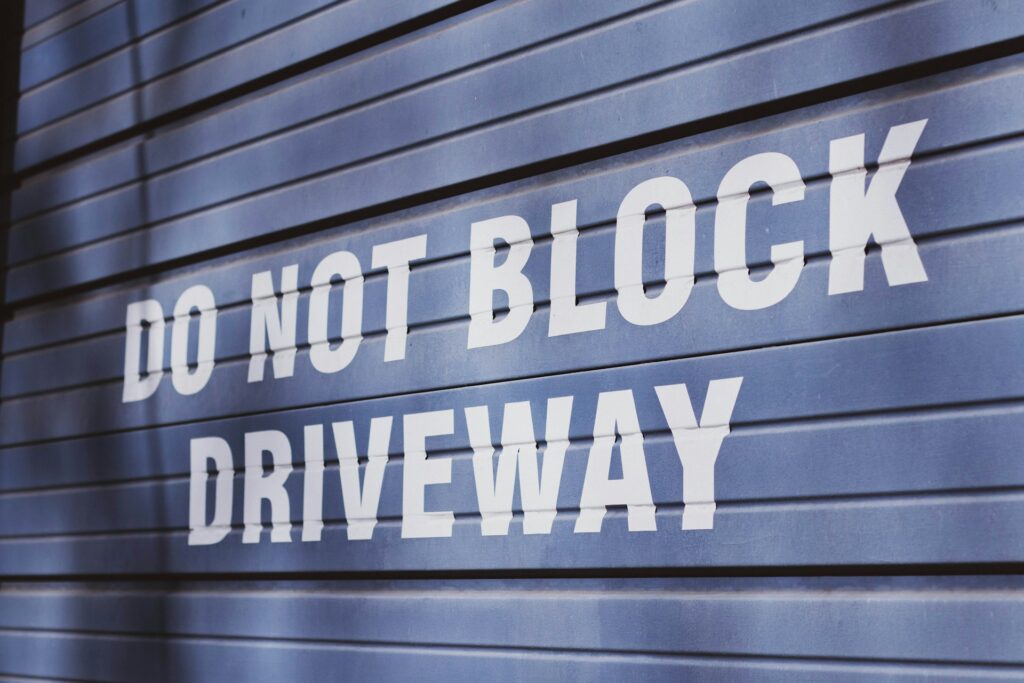What Paperwork Do I Need to Sell My House?

Estimated reading time 8 minutes
Selling a house can be hard work. Factor in the amount of paperwork required and it can also become a little stressful too. Much of the paperwork needed for you to sell your house is a legal requirement, so getting it right first time is essential to help save time, money, and the worry of whether the sale will complete.
We’ve put together a comprehensive list of the essential paperwork needed so you can sell house fast and sell it without the worry of seeing the transaction collapse when it's close to completion.
What paperwork do I need to sell my house UK?
Selling a house in the UK is often a slow process unless you are selling to a cash house buyer. The traditional route can take as long as six months to work through, and in many cases, this is due to the conveyancing and the obtaining of all the relevant paperwork.
Let’s discover the paperwork you need to ensure your sale is not hindered.
Proof of identity
It would perhaps be best to start with this. Having proof of who you are is essential to selling your house. By law, an estate agent, a mortgage lender, and your solicitor are required to check your identity. This is due to money laundering laws and not only protects them but also you too. You will need to provide a driver's license or passport to prove your identity and then a bank statement or utility bill to prove your address. Just make sure the bill or statement is no more than three months old.
Title deeds
The title deeds show that you are the legal owner of the property you are trying to sell. The deeds may not be something you have to hand, as in many cases, the solicitor, conveyancer, or mortgage provider retained them when you purchased the property. If you have them, great. If you don’t, contact the solicitor, conveyancer, or lender to get them. If they inform you that they do not have the deeds, you will need to contact the Land Registry. You can then request a copy for just £3.
This sounds easy enough, but several properties in the UK are not currently registered. If this is the case for you, you will need to work a little harder to prove that you are the legal owner. Speak to your conveyancer about applying for “first registration”, you should then be able to get the relevant proof you need.
Energy performance certificate
The energy performance certificate, or EPC, is an essential piece of documentation that proves the energy efficiency of the home. You will have been given one when you purchased the property, but it may have expired. They expire after ten years and yours will need to be valid when you sell the home.
If you find that yours has expired, you will need to book an assessor to visit the property so that a new certificate can be granted. It will cost £50-£100 and should be completed as early as possible. The law states that a home must have a valid EPC before it can be marketed.
If you are unsure of the status of the EPC for your property, use the govt website to check its validity.
Property information form (TA6)
The Property information form, also known as the TA6, is another important piece of paperwork you need when selling a house. This document is essential for the buyers as it gives them a wealth of information relating to your property. This could include boundaries, utilities, insurance, and any disputes that may have arisen. It is compiled in the form of a questionnaire, and, depending on your answers, further documents may need to be completed at a later date.
The conveyancer will supply the TA6, and you should ideally aim to complete it before you even market the house. However, it can be completed once an offer has been accepted.
Fittings and contents form (TA10)
The TA10 is a form, like the TA6, that should be completed early. It indicates to the seller which fixtures and fittings are included in the sale. This could be white goods, curtains, or furniture for example. This can be particularly handy, especially when you have viewings. You wouldn’t want people to make assumptions that certain items are not included in the sale only to find you have left them behind on moving day.
What certificates do I need to sell a house?
Along with the above paperwork, there are a host of certificates required that prove your house complies with specific regulations.
FENSA or CERTASS certificates
The FENSA or CERTASS certifications apply to your windows and will be required if you have replaced windows in the home since you purchased it. These documents prove that the windows comply with building regulations. The certificate lasts for ten years and can be found on the FENSA and CERTASS websites. If you cannot locate them, you may need to investigate indemnity insurance to protect the buyer.
Gas safety certificate and boiler safety certificate
A gas safety certificate is not a legal obligation when selling your home, but it’s certainly a worthwhile piece of paperwork to have. It shows that gas appliances are safe and have been certified by a registered gas safety engineer.
A boiler safety certificate, on the other hand, must be in place along with building regulations compliance certification. This will show when your boiler was installed, that it was installed properly, and that it meets all the relevant building regulations.
Electrical installation certification
If you are selling your home, you will need an electrical installation certification for any electrical work that has been done to it. If, for example, the home has been rewired, you will need one. This is often seen mentioned as an EIC and should not be confused with an EICR.
The EIC is essential, and a legal requirement if you have had work completed in your home. The EICR is a report that shows the existing electrical installation is safe and identifies any signs of wear, potential risks and observed faults. The EICR ensures the ongoing safety of electrical installations throughout their lifespan. This is not a legal requirement for selling your home, but it would be advisable to have one completed.
If you cannot locate your EIC, you can ask the electrician you used to retrospectively certify the work, ask a Part P registered electrician to re-do the work, check the NICEEIC website for your EIC, or request an EICR is completed by a qualified electrician.
Building regulation certificates and planning permission
If any work has been done to the property that has changed its appearance, you will need to show that you had the relevant permission to do so. If you have had an extension, for example, you will need to prove that the relevant planning permission was granted. For this, you will need copies of any planning permission documents and building regulations certificates. If there were alterations made to the home and these permissions weren’t granted, you will need to document these, and look at securing indemnity insurance to cover the buyer should any action be taken against them for these non-approved alterations.
What if my property is leasehold?
If you are selling a leasehold property, you will need to ensure you have your lease ready for any interested buyers. You will also need to complete another form. This one is known as the TA7 or the leasehold management pack. In most cases, your solicitor will handle this for you, but there is every chance they will ask you for specific information.
It will cover:
- The ground rent
- Any service charges
- Whether asbestos surveys have been completed
- Whether there are plans for major works
- What the building’s insurance covers
- Whether there is a tenant-formed management company in place to manage the lease/freehold
All the above are vital to a buyer so this form must be completed at the earliest opportunity. You should remain aware that if you have a short lease (less than 80 years), interested buyers may find it hard to secure a mortgage on it. If you are in this situation and have lived in the property for at least two years, you could look at the potential for extending the lease.
We’ve covered most of the paperwork you need when selling a house but there could occasionally be other things a buyer or solicitor may ask for. You may need to show insurance documents, paperwork relevant to when you purchased the property, as well as warranties if the property is less than ten years old. Regularly consult with your solicitor for clarification so you can help ensure a smooth, seamless sale. The above list though should certainly give you a headstart.
This can all take time, especially with the sluggish pace the traditional market moves at, you could opt for a quicker, cheaper method by choosing Bettermove. We not only sell your house fast, but we can sell your property for free. No agent fees, no legal fees, just a quick, stress-free rapid house sale. Why not contact the Bettermove team today to see how we can sell any property, in any location fast and for free?



